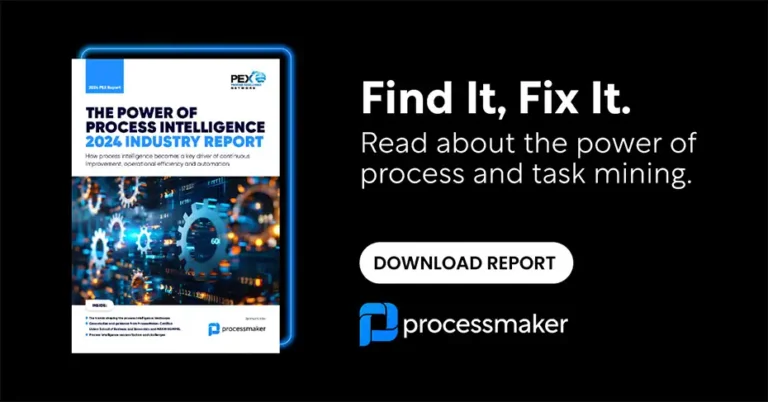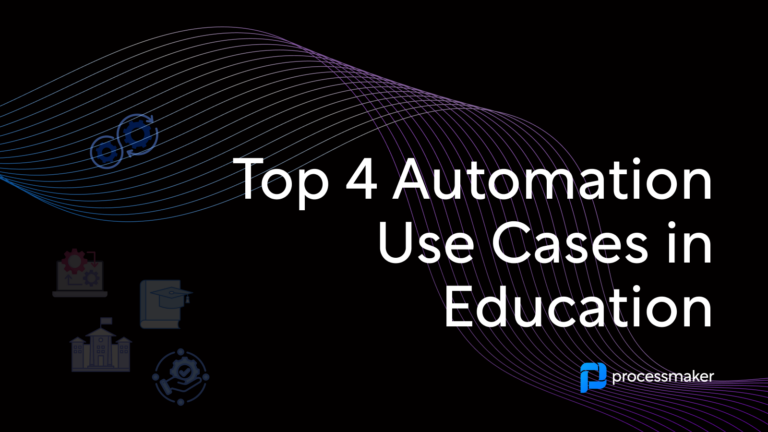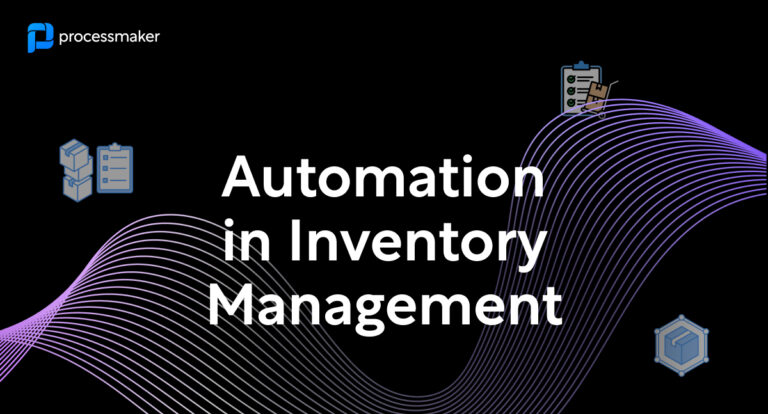“You’ve got to start with the customer experience and work back towards the technology.”
-Steve Jobs
Operational excellence and customer experience present organizations with a classic “chicken or the egg” problem. Many organizations focus on operational efficiency to increase growth and profitability but in the process, they lose sight of the customer experience. Other organizations place an emphasis on providing superior customer experiences but run into problems because they have not achieved operational efficiency.
So, what then is an organization to do? Fortunately, there are ways to master operational excellence and customer experience. It starts with finding an actionable definition for operational excellence that includes at its core a focus on providing value to an organization’s customers. From there, an organization must decide what operational excellence looks like for its specific business model and industry. From there, an organization can set goals and come up with a strategy for improving its business processes.
Operational excellence and customer experience: a workable definition
Operational excellence (OPEX) is not the easiest term to define. It means different things to different organizations. Yet, without an actionable definition of OPEX, an organization cannot implement or refine its processes to achieve its desired results.
One good definition of OPEX that incorporates efficiency and growth at the organizational level is “execution of a business strategy more consistently and reliably than the competition…[it] is evidenced by results. Given two companies with the same strategy, the operationally excellent company will have lower operational risk, lower operating costs, and increased revenues relative to its competitors, which creates value for customers and shareholders.”
Contrast this with Industryweek’s definition, which focuses almost entirely on providing value to the customer. “Operational excellence is when each and every employee can see the flow of value to the customer, and fix that flow when it breaks down. It’s that simple.”
So, two definitions. Two different emphases. The first tells us that customers will benefit from value created through more efficient processes. The second one fails to tell us how that value is created in the first place. Neither definition is wrong per se, just incomplete and/or in the wrong sequential order. The above quote from Steve Jobs is useful in this regard. Operational efficiency must start with providing superior customer experiences as an end goal. Implementing efficient and cost-effective business processes at the organizational level will directly or indirectly help you achieve your goal.
What does operational excellence mean for your organization?
Exactly what constitutes operational excellence differs from one industry to another. Since the focus, however, starts with the customer experience, the value that you provide to your customers in many ways controls what OPEX looks like for your organization.
Emphasizing CX requires that your organization:
- Determine what matters to your customers. Collect data on important metrics related to the timeliness and quality or your product and/or services.
- Map out the customer journey. Consider how each level of your organization can create value for your customers. It helps to map out your business processes to gain a better understanding of your existing workflows. Mapping out your processes is simple with business process management software that offers process modeling features.
Again, data collection and important metrics vary by industry, but make sure you analyze ones that are valued by your customers. For instance, excellent customer service and on-time delivery. Once you understand what your customers want, you can come up with a plan to improve your existing processes to ensure that you are delivering value at every level of your organization.
OPEX and CX in your organization
Getting to know your customers and understanding the customer journey is not just an exercise in semantics. Those organizations that provide the most value to customers are successful because they emphasis a customer first approach. For instance, they communicate the importance of the customer experience to all stakeholders, as well as clearly define the value that they are delivering.
With your end goal in sight, you can turn towards improving your business processes to achieve all the things that are typically associated with OPEX. Reducing operational risk, lowering costs, and increasing efficiencies.
Take an honest look at your existing processes to determine whether they are operating efficiently and serving your goal of providing value to your customers. Spend some time with key stakeholders to gather data and feedback. Map out your processes to identify bottlenecks and specific areas responsible for quality issues. From there, look at ways to improve your processes by leveraging technological solutions like automation.
Organizations that are new to business process improvement should start small. Choose a simple process that offers widespread benefits. Doing so will ensure that you do not experience any significant business disruptions or discourage you from future process automation efforts. Simplify the process through a low code business process management software.
Operational excellence and customer experience are not mutually exclusive terms. It is possible for your organization to be operationally efficient and profitable while delivering value to your customers. Doing so requires that you start with providing superior customer experiences as your end goal. From there, work backwards to determine how you can improve your business processes to further your goal of providing value to your customers.





